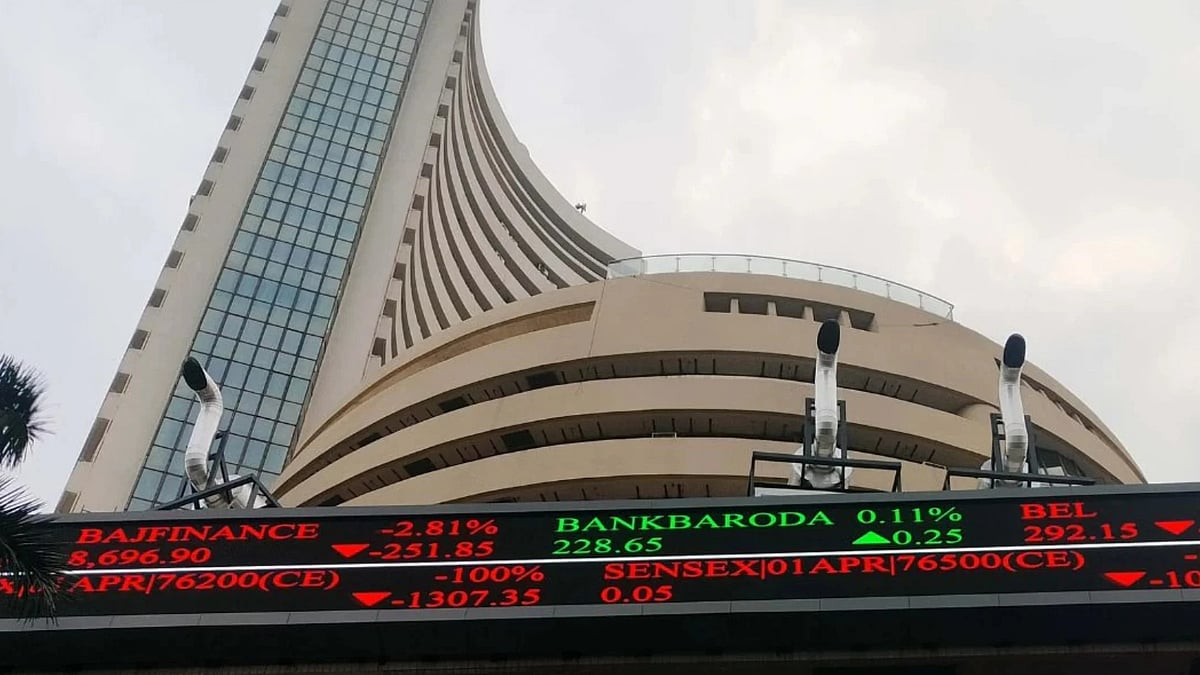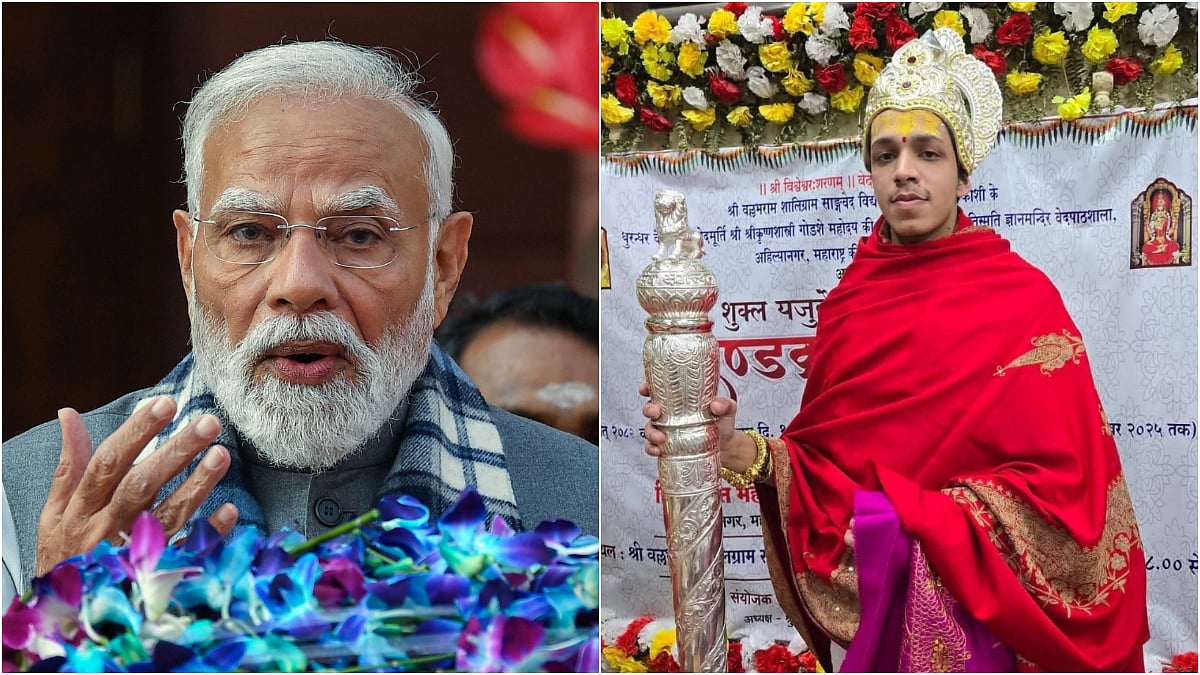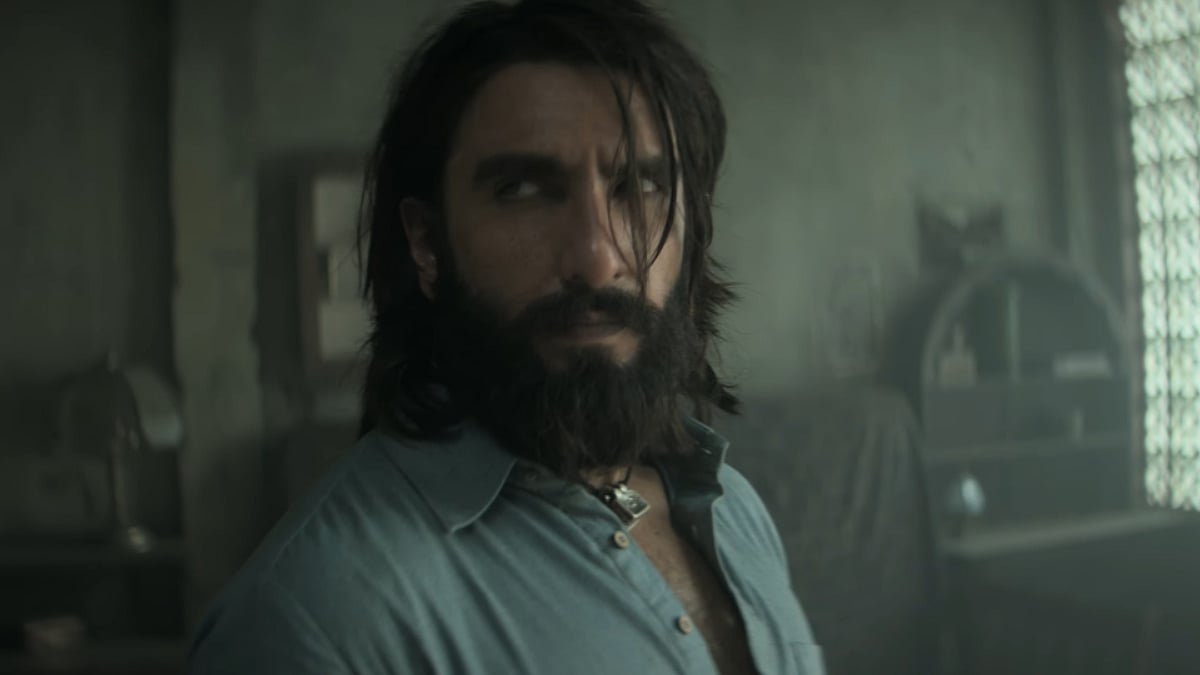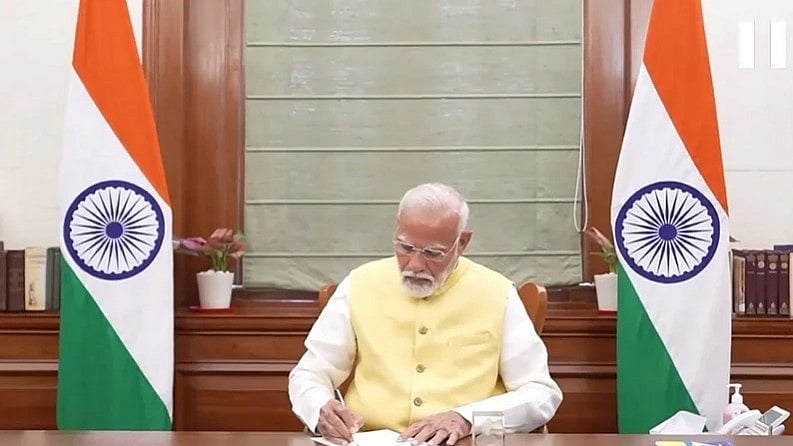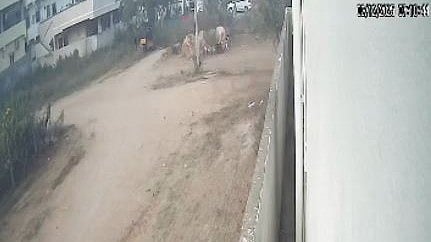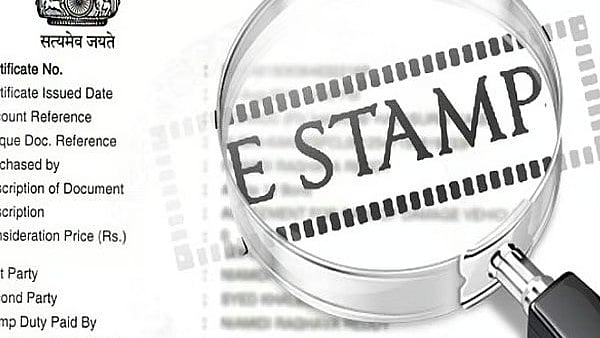That Richard Nixon and Henry Kissinger were rattled by Indira Gandhi is known but what wasn’t known is the virulent strain of their racism and how it drove their foreign policy.
A new piece on NY Times shows that Regan considered Indian women ‘the most unattractive women in the world’.
He can be heard saying: “Undoubtedly the most unattractive women in the world are the Indian women,” said Mr. Nixon. “Undoubtedly. To me, they turn me off. How the hell do they turn other people on, Henry? Tell me.”
Nixon, who had much chagrin against Indira Gandhi had claimed it was ‘easy to be tough on Indians because they were repulsive’.
Meanwhile, Kissinger went on to claim: “They are superb flatterers, Mr. President. They are masters at flattery. They are masters at subtle flattery. That’s how they survived 600 years. They suck up — their great skill is to suck up to people in key positions.”
Nixon further said: “The most sexless, nothing, these people. I mean, people say, what about the Black Africans? Well, you can see something, the vitality there, I mean they have a little animallike charm, but God, those Indians, ack, pathetic. Uch.”
Nixon and Kissinger, if one needs a history lesson, staunchly supported military regime in Pakistan which killed millions.

Declassified documents have previously shown Nixon and Kissinger use the most unparliamentary terms for Indira Gandhi and Indians. At that time, America were a staunch ally of the Pakistanis, opposed an independent Bangladesh and were oblivious to the massacre of innocents by Pakistani troops.
Years later in 2005, Kissinger apologised deeply for his remarks. He told NDTV: "[The foul language has] to be seen in the context of a cold war atmosphere 35 years ago, when I had paid a secret visit to China when President Nixon had not yet been there and India had made a kind of an alliance with the Soviet Union.”
Kissinger would show begrudging respect for Indira Gandhi in his memoirs.
He wrote: “Mrs Gandhi, who was as formidable as she was condescending, had no illusions about what Nixon was up to. She faced her own conflicting pressures.
Her Parliament would be meeting in two weeks, thirsting for blood. Though she had contributed no little to the crisis atmosphere, by now it had its own momentum, which, if she did not master it, might overwhelm her.”
Praising her personality, he said that he admired her ‘relentlessly pursuing India’s national interest with single-mindedness and finesse and respected her strength even when they were hurtful to US national interest’.
How Indira outwitted Nixon and Kissinger
Indira Gandhi was quite clear that India shouldn’t be seen as an aggressor in the 1971 War. It was ag godsend on December 3, 1971, the Pakistani Air Force bombed nine Indian air bases, Indira Gandhi finally got a go-ahead. She met Opp leaders and told the nation that ‘war had been forced on us’.
She told Parliament: “For over nine months the military regime of West Pakistan has barbarously trampled upon freedom and basic human rights in Bangladesh. The army of occupation has committed heinous crimes unmatched for their vindictive ferocity.
Many millions have been uprooted, ten million have been pushed into our country. We repeatedly drew the attention of the world to this annihilation of a whole people, to this menace to our security.
Everywhere the people showed sympathy and understanding for the economic and other burdens and danger to India. But governments seemed morally and politically paralysed…”
India retaliated with a multi-pronged assault on Dhaka and two days later she declared Bangladesh an independent nation.
To counter, Nixon despatched a US 7th fleet to the Bay of Bengal to threaten India, which was followed by a Soviet fleet into the Bay of Bengal to neuter that particular threat. A furious Nixon would call it an Indian ‘aggression’ against Pakistan.
On December 16, General Manekshaw told Indira that Indian forced hat liberated Dhaka and all Pakistani troops had surrendered unconditionally.
It wasn’t just a military victory but a foreign policy coup, and it was also a message to the world that a new India had arrived. It also showed a stunning appreciation of realpolitik from an Indian premier hitherto unseen, particularly in contrast to Nehru’s ‘Non-Aligned Movement’.
As Kissinger himself wrote in his memoirs admitting that Indira outwitted them: “Nixon had no time for Mrs Gandhi's condescending manner... he suspected that in pursuit of her purposes she had in fact fewer scruples than he.”

